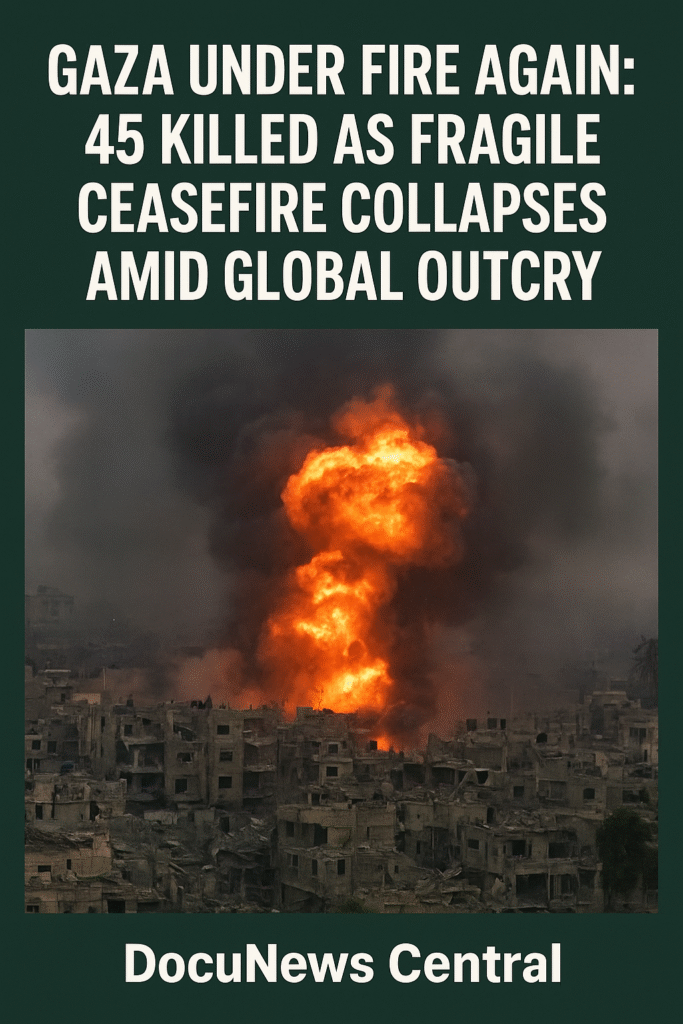
By DocuNews Central — In yet another tragic turn of events, the Gaza Strip has witnessed renewed violence as Israeli airstrikes reportedly killed at least 45 people across the enclave on Sunday. According to Hindustan Times and France24, Gaza’s Civil Defence agency and hospital sources confirmed the rising death toll, updating an earlier count of 33.
The strikes, which came amid an already tense ceasefire, have once again drawn sharp criticism from international organizations and humanitarian groups. The Guardian and Washington Post both reported that Israeli forces carried out the attacks following alleged violations of the truce by Hamas. However, Hamas denied the allegations, calling the strikes “unprovoked aggression.”
Rising Casualties Amid Renewed Hostilities
According to Gaza health authorities, hospitals in Rafah, Khan Younis, and Gaza City were overwhelmed as dozens of victims arrived within hours. Medical officials reported that several families were among those killed. Eyewitnesses described scenes of chaos, saying that residential blocks were flattened and emergency workers struggled to pull survivors from beneath the rubble. you can also read 15 Business You Can Start in Onitsha and Succeed in 6 Months at http://docunewscentral.com
“We were sleeping when the bombs fell. Everything shook. My children screamed,” said one Rafah resident, speaking to Al Jazeera. “Now we have nowhere to go.”
Humanitarian organizations, including the United Nations and the International Committee of the Red Cross, have voiced growing alarm over the escalating civilian toll. The UN Humanitarian Office stated that the repeated strikes could further worsen Gaza’s already dire humanitarian situation.
Israel’s Statement and Military Justification
The Israeli Defense Forces (IDF) confirmed that they launched “targeted operations” in response to what they described as “multiple ceasefire violations” by Hamas militants. The IDF claimed the strikes aimed at eliminating “terror infrastructure” and protecting Israeli citizens from ongoing rocket attacks.
However, Israel’s official statement did not directly address the reported civilian casualties. A spokesperson for the military said, “We are reviewing reports of civilian deaths and will investigate the circumstances.”
This stance has sparked further outrage from Palestinian officials and international observers, many of whom accuse Israel of using disproportionate force. Meanwhile, the fragile ceasefire, which had been brokered only days earlier, now appears to be on the brink of total collapse.
Ceasefire on the Edge: How Did It Fall Apart?
Just days before the strikes, both Israel and Hamas had cautiously agreed to a temporary ceasefire to allow humanitarian aid into Gaza. The truce was meant to stabilize the region following months of bloodshed. Yet, on Sunday morning, the calm shattered as explosions rocked several parts of Gaza.
Reports from The Times of India indicate that the renewed clashes began after alleged rocket fire from Gaza targeted southern Israel. Hamas denied responsibility, accusing Israel of “fabricating pretexts” to resume military operations.
Analysts say the breakdown of the ceasefire was predictable. “Without a long-term political solution, every truce in Gaza remains temporary,” said Middle East expert Daniel Levy. “What we’re witnessing is a cycle of violence where civilians pay the highest price.”
Eyewitness Accounts and Humanitarian Desperation
Across Gaza, survivors shared harrowing testimonies of the night’s assault. Videos posted by local journalists showed massive fireballs lighting up the sky, followed by clouds of thick black smoke. Residents used makeshift stretchers to carry the wounded to overcrowded hospitals.
At Al-Shifa Hospital, medical staff described “unimaginable scenes” as doctors operated without enough anesthesia, electricity, or equipment. “We’ve seen children, women, and elderly victims. Many were asleep when the buildings collapsed,” a surgeon told reporters from France24.
In Rafah, a rescue worker from the Gaza Civil Defence said the toll could rise further. “We are still recovering bodies from under destroyed homes. Many are missing,” he said. The agency later released an official update confirming at least 45 fatalities and dozens more wounded.
Global Reaction: Calls for Restraint and Accountability
The international community reacted swiftly. The White House urged “maximum restraint” on both sides, while the European Union called for an “immediate cessation of hostilities.”
UN Secretary-General António Guterres described the loss of civilian life as “deeply concerning” and called on all parties to return to the negotiation table. “Every strike that kills innocent civilians moves peace further out of reach,” he said.
In London, demonstrators gathered outside Downing Street, waving Palestinian flags and demanding stronger action from the UK government. Similar protests erupted in Paris, Berlin, and New York, echoing a growing sense of frustration among global citizens who view the recurring violence as preventable.
Media Coverage and Verification Challenges
Reporting from conflict zones like Gaza remains extremely difficult. International journalists face limited access, and many rely on local correspondents for information. This limitation often leads to conflicting casualty figures in the immediate aftermath of attacks.
Despite these challenges, major international outlets such as France24, Hindustan Times, Al Jazeera, and Reuters have confirmed similar death tolls. Each outlet cited Gaza Civil Defence and hospital sources as their primary references.
The Washington Post reported that the Israeli army’s internal review of the incident was ongoing but that no independent verification had yet confirmed the 45 deaths. This acknowledgment highlights the urgent need for transparent investigations into both the cause and conduct of the strikes.
Impact on Civilians and Infrastructure
Beyond the immediate fatalities, the renewed strikes have destroyed homes, schools, and public facilities. Electricity cuts and communication blackouts have made coordination of rescue operations nearly impossible. Water and food supplies remain dangerously low.
“The humanitarian situation is catastrophic,” said a spokesperson for the World Food Programme. “Families are trapped with no safe place to go.”
Doctors Without Borders (MSF) condemned the attacks, saying that “medical neutrality must be respected.” Their field teams reported treating dozens of shrapnel injuries and burns caused by the explosions.
International Pressure and Diplomatic Fallout
As news of the 45 deaths spread, diplomatic channels buzzed with urgent calls. The Arab League convened an emergency meeting, demanding accountability for what it called “indiscriminate bombings of civilian areas.” Egypt and Qatar, both mediators in previous truces, have renewed efforts to calm the situation.
In Washington, lawmakers from both parties expressed concern. Senator Chris Murphy stated that “Israel’s right to defend itself must be balanced by its duty to protect civilian life.” The statement reflected a growing debate within Western capitals about how to address the protracted conflict.
What Comes Next?
For now, Gaza remains tense. Residents continue to flee toward the south, fearing new air raids. Meanwhile, diplomatic envoys are reportedly working behind the scenes to restore a ceasefire.
But experts warn that without concrete steps toward a sustainable peace framework, the region will likely spiral into another round of violence. “Peace can’t survive in an environment of perpetual retaliation,” said Dr. Leila Haddad, a regional affairs analyst.
Despite the repeated cycles of escalation and brief truces, ordinary people—both Israelis and Palestinians—bear the brunt of the suffering. The latest attacks underline the desperate need for lasting solutions that prioritize humanity over politics.
Conclusion
The Sunday strikes that killed at least 45 Gazans have reopened deep wounds in an already fractured region. With the ceasefire effectively in ruins, the future of peace efforts looks uncertain once again. The calls for justice and accountability grow louder with every new tragedy.
As DocuNews Central continues to monitor the situation, we urge all parties to commit to meaningful dialogue and the protection of innocent lives. The world cannot afford another generation scarred by endless war.
Copyright © 2025 DocuNews Central. All Rights Reserved.







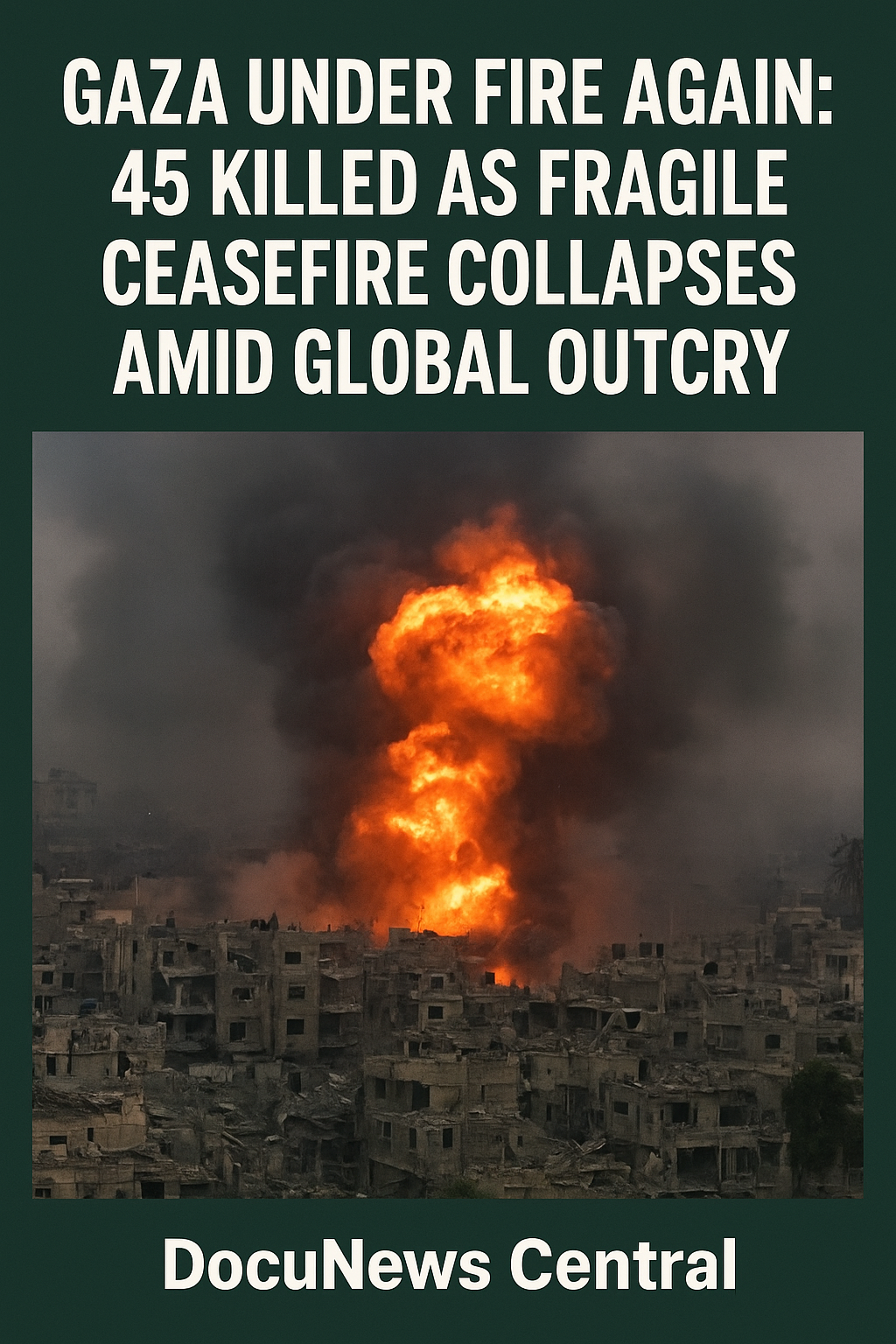
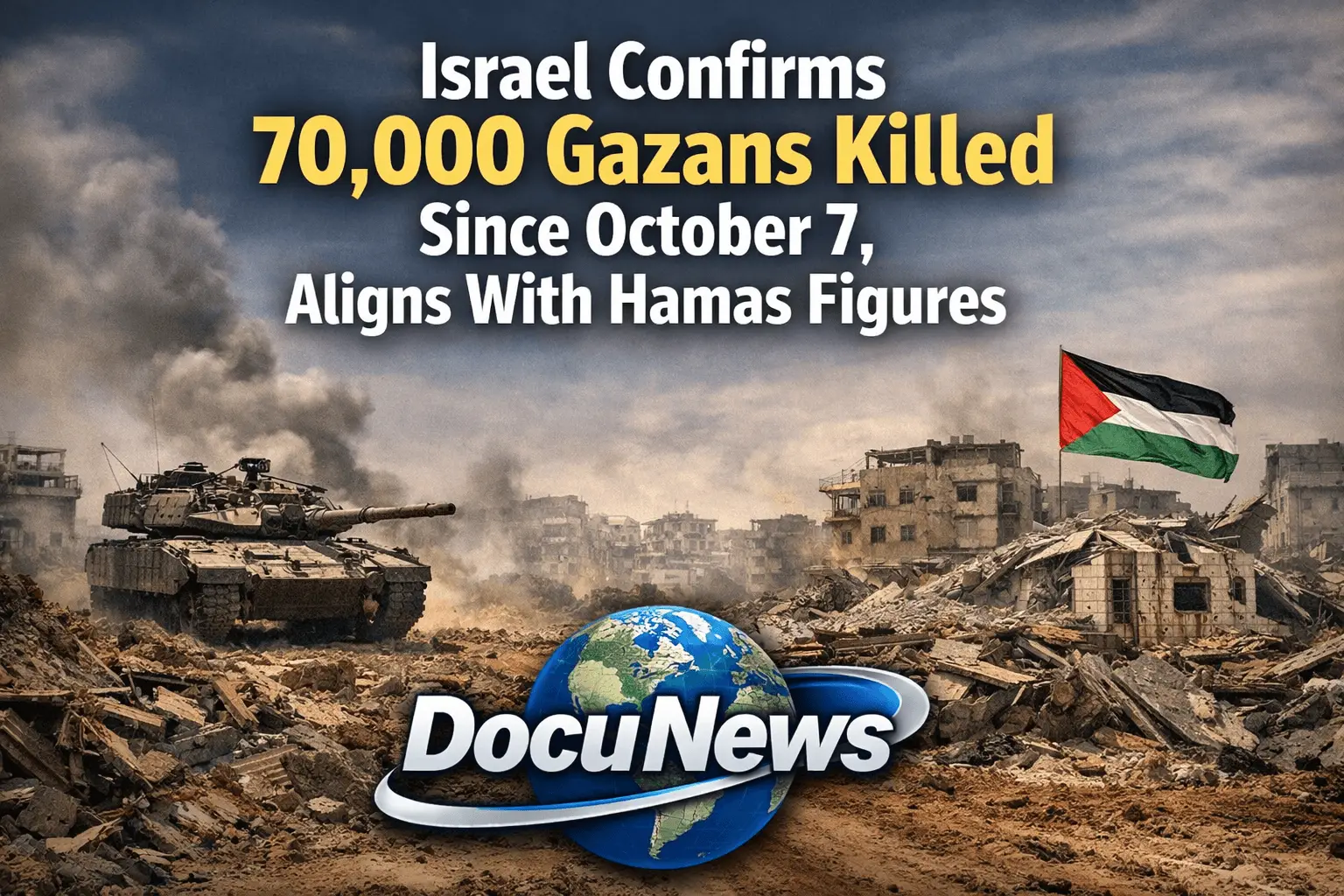
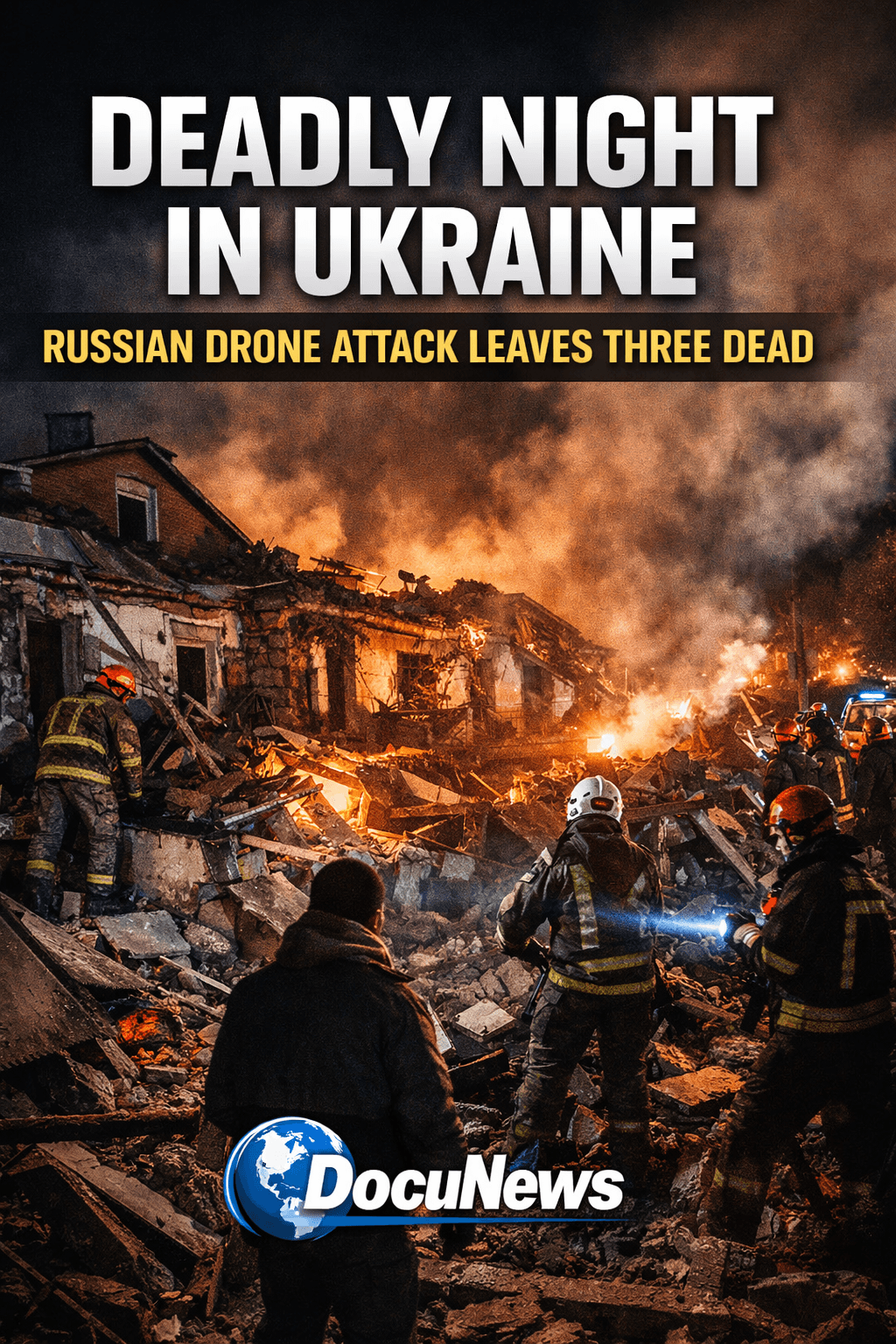
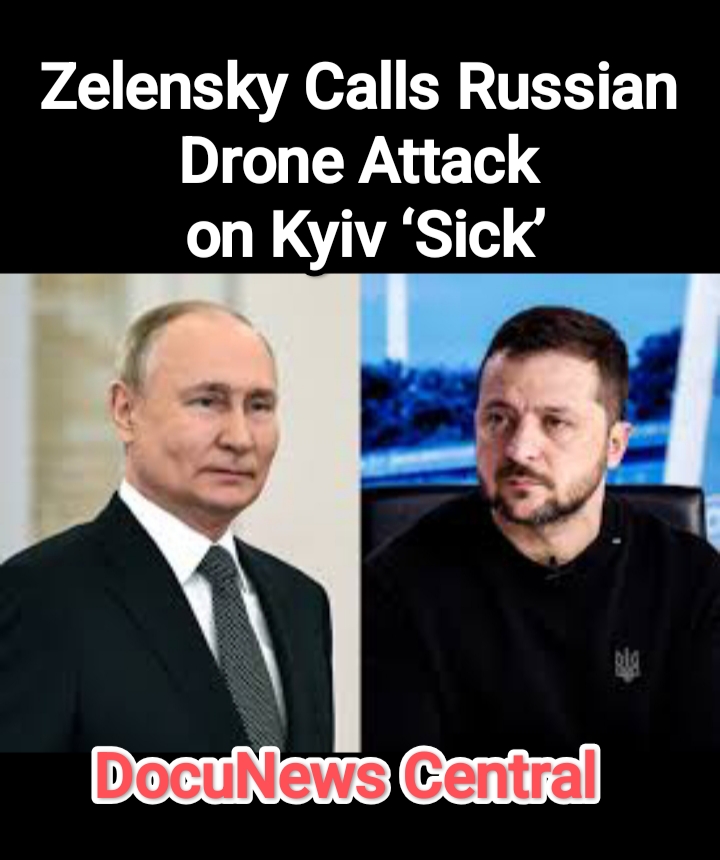
thc vape pens online shipped securely to your door